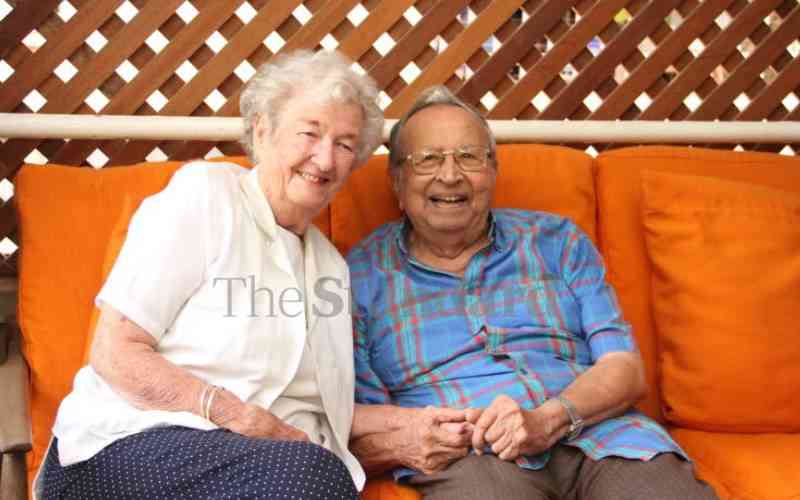×
The Standard e-Paper
Fearless, Trusted News

Death and disease are dreary subjects.
If I were you, I would have nothing to do with them, wrote Somerset Maugham, the English novelist, playwright, and short-story writer who infused humour into his works.







